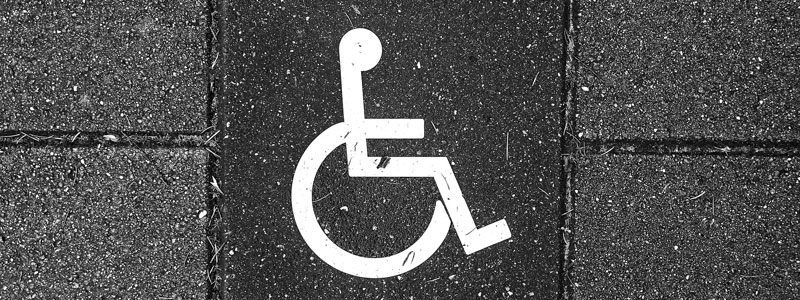Is My Job Protected If I File a Workers’ Compensation Claim?
It sounds like pretty much the worst-case scenario: you spend several months away from work because of an on-the-job injury only to discover your employer won’t hire you back in the same capacity, if at all. The fact is, Indiana employers aren’t required to provide any assurance to their employees who file workers’ compensation claims […]

May 2, 2018

It sounds like pretty much the worst-case scenario: you spend several months away from work because of an on-the-job injury only to discover your employer won’t hire you back in the same capacity, if at all.
The fact is, Indiana employers aren’t required to provide any assurance to their employees who file workers’ compensation claims that they’ll still have a job after they heal. In this regard, our state isn’t uncommon; only a few have laws that enable employees to demand their jobs back or protect them from being filled while out on injury leave.
Though the law tends to favor business over individuals, it often is in the employer’s best interest to hire injured employees back after a temporary injury for various reasons. To get a better perspective, let’s dive into a bunch of different scenarios that could play out toward the end of a workers’ compensation claim.
Temporary Disabilities

When your injury causes temporary partial disability (TPD) or temporary total disability (TTD), you probably have a better chance of returning to your pre-injury job after reaching maximum medical improvement (MMI). Again, Indiana law doesn’t ensure the right to do so, but depending on the situation, your employer may discover it’s easier than hiring a replacement.
TPD Scenarios
For temporary partial disability claims, your employer knows two key facts: you won’t be disabled forever, and your injury isn’t completely debilitating. By definition, people who suffer from partial disabilities can still perform some of their original job duties or other relevant work that isn’t limited by the worker’s injury.
TTD Scenarios
When a worker’s injury prevents them from working at all for an indefinite period of time, their employer may be hard-pressed to replace them. In certain jobs and companies where the workload is constant and at a high level, the worker may be at risk of losing their spot.
However, if the job is skilled, the workload inconsistent, or the hiring prospects are limited, the employer may judge it’s in their best interest to return the injured employee to their former role after they recover.
Employers often take not only the cost of the workers’ compensation settlement and the cost of hiring and training a new employee into account, but also the cost of paying for the worker’s lost wages if he or she can and wants to return to work. When the employer offers the job, the workers’ compensation benefits can cut off, even if the employee refuses to take it, which saves the employer money in the long run.
Permanent Disabilities

The road to re-employment can be trickier for those who experience a permanent change in their ability to work. Since your doctor has established that you will always suffer from a decreased capacity to work, your employer will already owe a significant amount for workers’ compensation. They will have also lost a worker, either totally or partially, and will likely need to hire someone to fill the role you can no longer perform.
PPD Scenarios
Depending on the amount of work and the worker’s ability to learn or transfer skills, those who suffer a permanent partial disability may be able to find less physically strenuous work for the same employer as their workers’ compensation claim pays for medical costs. Employers who value knowledge of their systems, values, or customers may be more likely to place injured employees in different roles.
PTD Scenarios
Unfortunately, many people who suffer a permanent and complete disability to perform their job are at the highest risk for losing it. Economically speaking, employers who settle a permanent total disability claim with an injured employee are paying out a portion of the employee’s lost and future wages, knowing they will likely never work in the same capacity again.
Getting the Most from Workers’ Compensation with an Attorney
Although we can’t guarantee any of the above scenarios apply directly to your situation, these provide an estimate of the way in which employers might respond to certain injuries and claims. If they don’t hire you back after your injury, your workers’ compensation settlement is their way of making up for lost wages. It’s vital, therefore, that your settlement represents every possible expense for both medical costs and future losses you may take for the injury.
The workers’ compensation lawyers at Hensley Legal Group can help you file and gather all the required documents to make your workers’ compensation claim as strong as possible. Feel free to call or contact us online to start a conversation with our attorneys at no cost to you.
Available 24/7
Free Case Review
You won’t pay any fees until we win your case.
It’s easy - you can: